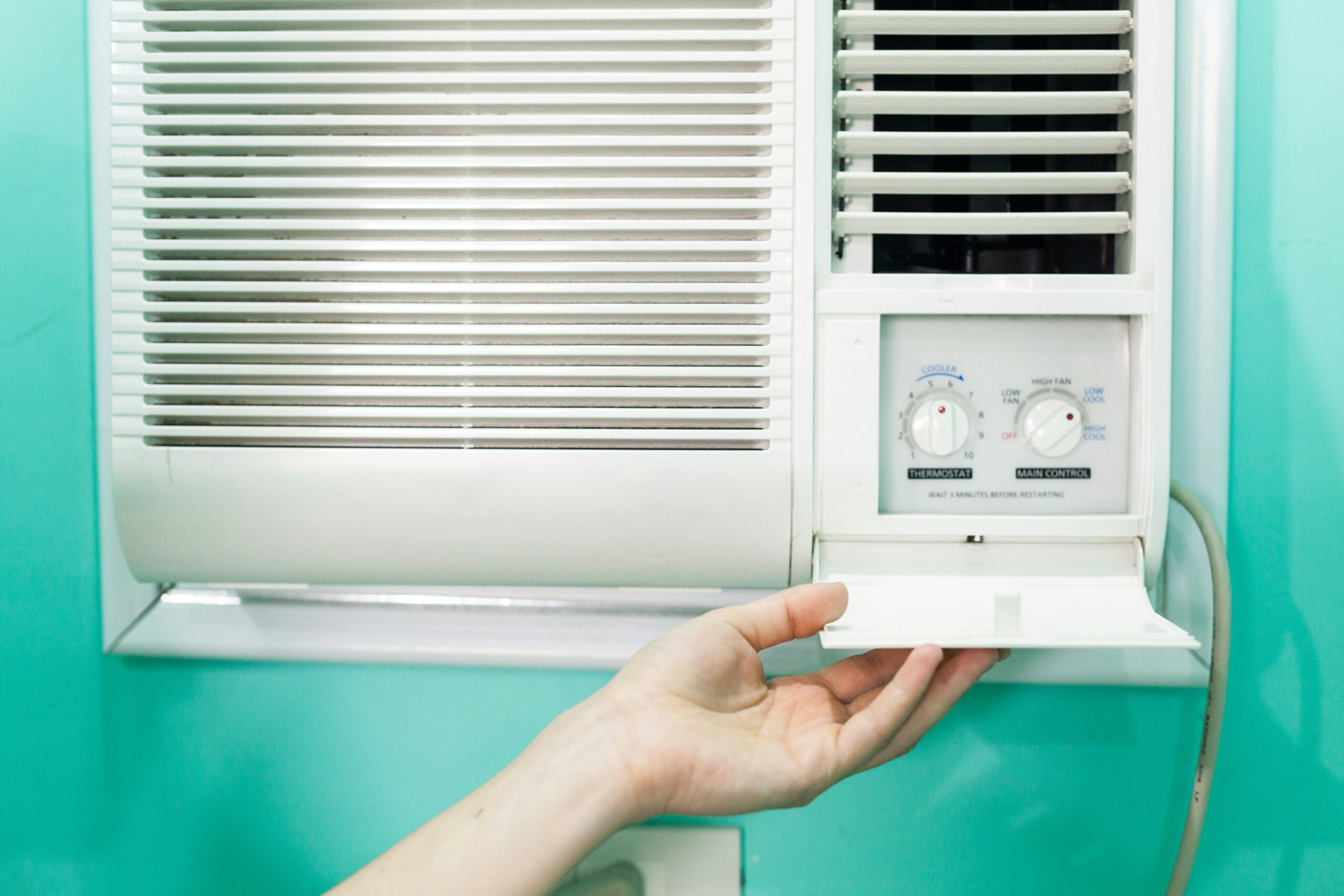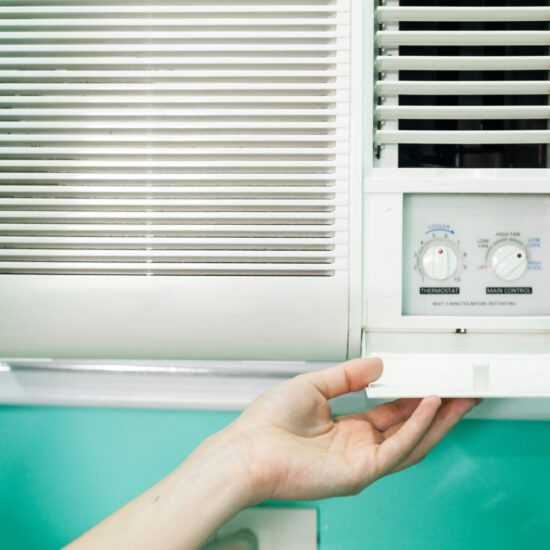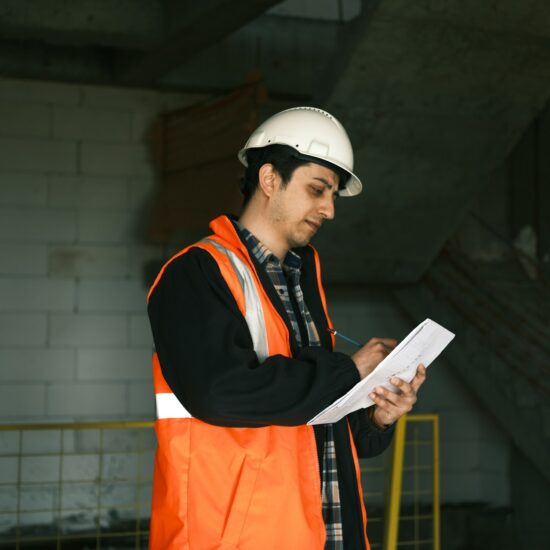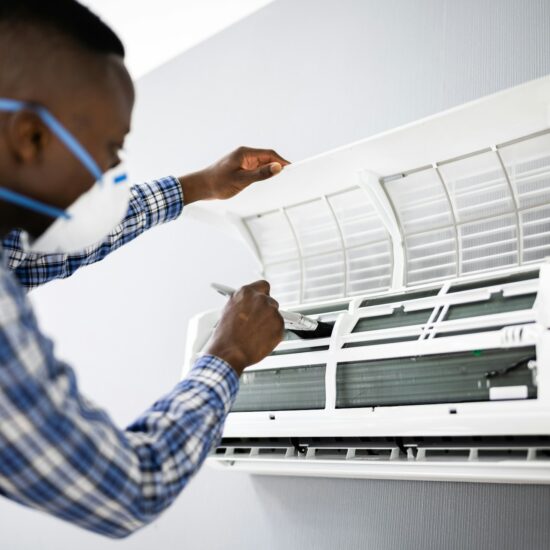Whether you are considering installation, repairs, or routine maintenance, knowing the local options will help you make informed decisions.
Local professionals are knowledgeable about the specific requirements for homes in the area, ensuring that installations are efficient and comply with local regulations. Regular maintenance is key to prolonging the life of your HVAC system, especially in a climate that demands both heating in winter and cooling in summer.
In this blog post, you'll discover insights into choosing the right HVAC system for your home, tips for maintenance, and how to find qualified service providers in Mill Creek.
Understanding HVAC Systems
HVAC systems play a crucial role in maintaining comfort within homes and businesses. They consist of various components designed to provide heating and cooling throughout the year. Knowing the types of systems and their functions can help you make informed decisions.
An HVAC system has several key components, each with its own purpose.
- Furnaces: Furnaces provide heat by burning fuel or using electricity. They work with duct systems to deliver warm air.
- Air Conditioners: Designed for cooling, these units remove heat from indoor air. They can be central systems or ductless, like Mitsubishi models.
- Heat Pumps: These versatile systems can provide both heating and cooling by transferring heat between your home and the outdoors.
- Thermostats: These devices enable you to control the temperature, adjusting the HVAC operations based on your preferences.
Types of HVAC Systems
Several types of HVAC systems are available, each tailored for specific needs.
- Central HVAC Systems: These include furnaces and air conditioners connected to ductwork. They are ideal for larger homes, ensuring consistent temperature control.
- Ductless Systems: Often referred to as mini-split systems, they are suitable for homes without ducts. They provide targeted heating and cooling, enhancing energy efficiency.
- Heat Pump Systems: These systems excel in moderate climates. They effectively transfer heat, making them energy-efficient options for both heating and cooling.
- Electric Furnaces: These are another heating option that relies on electric resistance to generate warmth. They work well in areas where gas is not available.
HVAC Installation and Replacement
When considering HVAC installation or replacement, it's essential to choose the right system for your needs and understand the installation process. These factors significantly impact efficiency, performance, and long-term reliability.
Selecting the Right System for Your Home
Selecting the appropriate HVAC system requires assessing your home's size, insulation, and heating and cooling requirements. You should consider the following aspects:
- Efficiency Ratings: Look for systems with high Seasonal Energy Efficiency Ratio (SEER) ratings. Higher ratings mean better efficiency and lower energy bills.
- Performance: Select a system that matches your climate and usage patterns. Ductless systems can be ideal for homes without existing ductwork.
- Reliability: Choose reputable brands known for durability and performance. Check customer reviews and warranty offerings to gauge reliability.
- Maintenance Needs: Some systems have lower maintenance requirements. Consider how much time and effort you can invest in upkeep.
- Affordable Heating Options: Research financing options or energy-saving programs available locally to help make your system more affordable.
Installation Process
The installation process is crucial for ensuring your HVAC system operates effectively.
- Site Assessment: A licensed HVAC contractor will evaluate your home and identify the ideal location for your system.
- Sizing: The contractor will perform calculations using the Manual J method to ensure the system is appropriately sized.
- Ductwork Inspection: Existing ductwork may need repairs or modifications for optimal airflow and efficiency.
- Installation: The actual installation involves setting up the unit, connecting ductwork, and ensuring proper electrical connections.
- Testing: After installation, the system undergoes testing to verify performance and efficiency.
- Maintenance Guidance: You’ll receive instructions on maintaining your new system, which is vital for longevity and reliability.
Maintenance and Repair Services
Regular maintenance and timely repairs are essential for optimal HVAC performance. Neglecting these can lead to higher energy costs, poor air quality, and unnecessary breakdowns.
Regular Maintenance
Scheduling regular maintenance for your HVAC system ensures its longevity and efficiency. Aim for seasonal HVAC maintenance at least twice a year, ideally before summer and winter.
During these appointments, technicians will:
- Inspect and replace air filters
- Clean coils and drainage systems
- Check refrigerant levels
- Test thermostat functionality
Common Repair Issues
Understanding common HVAC repair issues will help you identify problems early. Typical concerns include:
- Inconsistent temperatures: This may stem from a faulty thermostat or ductwork issues.
- Strange noises: Unusual sounds can indicate loose components or motor issues.
- Airflow problems: Clogged filters or blocked ducts often cause reduced airflow.
When faced with these issues, prompt action is crucial. Delaying repairs can lead to more significant damage and costly replacements. HVAC service providers in Mill Creek, WA, offer specialized solutions for water heaters and air quality concerns specific to the local climate, ensuring your system operates smoothly year-round.
Additional Home Comfort Solutions
Enhancing home comfort goes beyond traditional HVAC systems. You have various options to improve indoor air quality, heat water efficiently, and ensure your plumbing and electrical systems operate smoothly.
Indoor Air Quality Improvement
Maintaining good indoor air quality is crucial for your well-being. You might consider air purifiers, which remove allergens and pollutants from the air. HEPA filters are particularly effective in trapping small particles.
Another solution is to install a humidifier or dehumidifier, which helps regulate moisture levels. This can mitigate issues related to humidity, such as mold growth or excessive dryness.
Water Heating Solutions
Efficient water heating is essential in any home. Energy-efficient tankless water heaters provide hot water on demand, saving space and energy.
Consider upgrading to a high-efficiency water heater. These models use advanced technology to reduce energy consumption while providing adequate hot water supply. Check the Energy Factor (EF) rating for the best options.
Routine maintenance of your water heater is important, too. Flushing the tank annually can remove sediment buildup, improving efficiency and extending the unit's lifespan.
Electrical and Plumbing Services
Reliable plumbing and electrical services are vital for your home's functionality. Regular inspections can identify potential issues before they escalate.
For your plumbing needs, focus on drain cleaning, leak repairs, and fixture installations. Addressing leaks promptly can prevent extensive damage and costly repairs.
On the electrical side, consider upgrading outlets and switches or installing energy-efficient lighting fixtures. Smart home technology can enhance convenience and efficiency, allowing you to control your home environment remotely.




